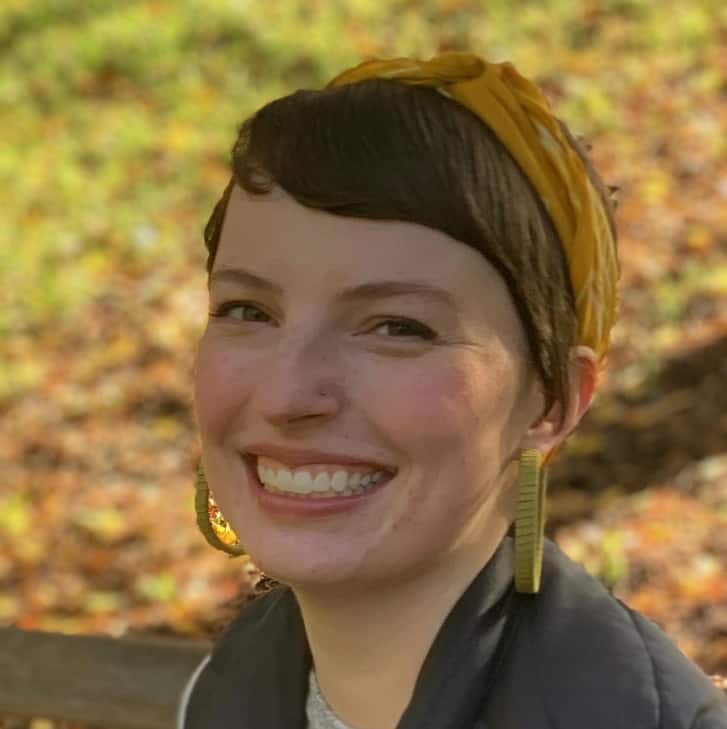Chad is home to one of the most diverse and vibrant people groups on the planet. The country also faces multiple humanitarian crises including political uncertainty, food insecurity and climate instability.
Over five million people are food insecure, and nearly 1.7 million suffer from recurrent cases of preventable diseases. What’s more, Chad plays host to thousands of refugees and internally displaced people — a displacement crisis that The United Nations High Commissioner for Refugees (UNHCR) says tends to go underfunded, in spite of the country’s evident need.
That’s why this year, World Relief is expanding its programming into Chad, compelled by our faith to go further and reach deeper to respond to the needs of the most vulnerable.
While Western news and media outlets often overlook stories from this Central African country, we believe it’s essential for you to get to know the people and the places where World Relief operates. With that in mind, here are 5 things you need to know about Chad, its people and its history.
1. Chad is one of the world’s most ethnically and linguistically diverse countries.
Home to over 200 ethnic groups who speak over 100 languages, it’s little wonder Chad earned the moniker “Babel Tower of the World.” The country’s two official languages are Arabic and French, echoing the country’s not-so-distant colonial past.
About 75% of Chad’s population live in rural areas and belong to a nomadic or pastoral tribe, while others primarily live in and around the capital city of N’Djamena.
2. Lake Chad, a primary ecosystem and food source, has lost 90% of its original surface area and counting.
Many people depend on Lake Chad for fishing, farming and as a watering source for herds of cattle and goats. Yet because of climate change, the lake’s ability to serve as a sufficient resource shrinks yearly, contributing to conflict over access to its shores.
Extreme weather patterns in the region prohibit the primarily agrarian society from reaping sufficient harvests year after year. The length of “lean seasons,” the time before crops are ready to harvest, also continues to grow.
Faced with such volatile weather and arid land, some Chadians are now partnering with scientists to integrate indigenous farming methods and rehabilitate the dry land.
Hindou Aoumarou Ibrahim, a Chadian activist and President of the Association for Indigenous Women and Peoples of Chad, advocates for the importance of using traditional knowledge to combat the effects of climate change in Chad.
3. Chad hosts over 555,000 refugees and over 400,000 internally displaced persons (IDPs).
Despite Chad’s turbulent government, its doors remain open to refugees from South Sudan, Cameroon, the Central African Republic (CAR) and Nigeria, all bordering countries impacted by violence and climate change.
For example, Chad shares a border with Sudan’s Darfur region. Though not as prevalent in the news today, Darfur saw high rates of conflict in the early 2000s, which contributed to large numbers of refugees fleeing across its border to Chad.
4. As of 2020, the WHO reports a shortage of medical professionals in Chad — less than one medical doctor for every 10,000 people.
Similar to many countries during the height of the COVID-19 pandemic, Chad found its health system even more constrained by a shortage of doctors and a rising number of cases mid-2020. Chad also contended with a need for essential medical equipment, such as ventilators, medicines and vaccines.
Yet months after the pandemic began, the UN developed an innovative partnership with troubadours, or traditional storytellers, to deliver and communicate information about the virus to Chad’s remote and nomadic communities — in much the same way World Relief equipped church and community leaders in places like Rwanda. These troubadours, along with community-selected health workers, traveled between communities and, instead of news or songs, shared critical health safety measures (i.e. social distancing) to help stop COVID from spreading.
5. Chad ranks 187th out of 189 countries on the Human Development Index, and 42% of the country lives below the national poverty line.
A land-locked country of 16.8 million, Chad ranks among the poorest countries in the world today. More than 6.1 million Chadians require humanitarian assistance as of 2022, almost one-third of the country’s population.
The need in Chad is two-fold: immediate emergency responses and capacity building for holistic, long-term sustainability and ministry.
What is World Relief doing?
In 2023, World Relief will open a new office in Chad.
The Southern portion of Chad — a Christian-majority region where population density is high and humanitarian actors are few — is ideal for World Relief’s holistic ministry model. Additionally, the number of Christian humanitarian agencies who work closely with churches in the area is limited and competition for funding is low. Existing local, faith-based NGOs are in need of capacity building from an international Christian NGO like World Relief to scale and expand impact.
At World Relief, our mission calls us to listen and walk alongside the men, women and children of Chad. As our world continues to change, we must respond in new ways and go further than ever.

Meghan Gallagher is a Seattle-based freelance content writer and strategist. She has a B.S. in Marketing Management and a background in digital marketing for healthcare, nonprofit, and higher education organizations. When she’s not writing, you can find her working as a local bookseller and enjoying all the Seattle area has to offer.

